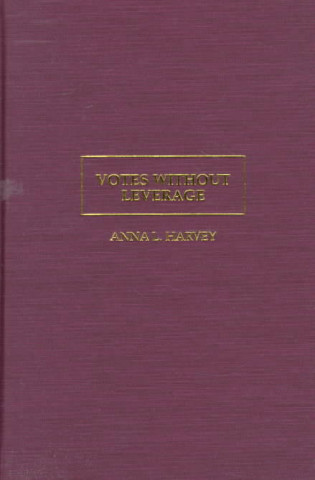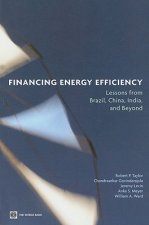
Dostawa
Doradca ds. zakupów
16 114 833 książek w 175 językach







Pokaż wszystkie języki (175)





Jednak się nie przyda? Nic nie szkodzi! U nas możesz zwrócić towar do 30 dni
 Bon prezentowy
O dowolnej wartości
Bon prezentowy
O dowolnej wartości
Bon prezentowy to zawsze dobry pomysł. Obdarowany może za bon prezentowy wybrać cokolwiek z naszej oferty.
Votes without Leverage
 Angielski
Angielski
 175 b
175 b
 Zapowiedź
Zapowiedź
 Termin nieznany
Termin nieznany
30 dni na zwrot towaru
Mogłoby Cię także zainteresować


Votes without Leverage re-examines a long-standing puzzle in women's electoral politics. Namely why the increasing importance of women's votes throughout the 1920s did not imply increasing success for the lobbying efforts of women's organizations during the same period. Applying recent theoretical developments in the political economy of institutions and electoral behavior, Professor Harvey argues that female disenfranchisement prior to 1920 created incentives for leaders of women's organizations to invest in the pursuit of suffrage as a first step to achieving other policy benefits for women. When the battle over the right to vote was finally won, those leaders then required time to adapt their organizations to pursue a broader legislative agenda through conventional electoral politics. During this time, however, the major party organizations were able to initiate their own electoral mobilization of women, giving the parties significant advantages in imperfectly competitive markets for women's electoral mobilization. Without women's votes, those organizations ceased to be able to win policy concessions from vote-minded legislators, a state of affairs that would not significantly change until the accelerated decline of the parties as mobilization organizations in the 1960s.
Informacje o książce
 Angielski
Angielski
Kategoria




 Jak kupować
Jak kupować
























